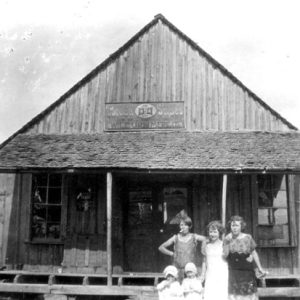 Wilburn General Store
Wilburn General Store
Entry Category: Business and Economics
 Wilburn General Store
Wilburn General Store
 Williamson Hall
Williamson Hall
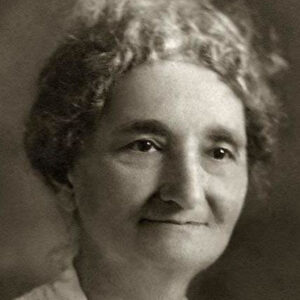 Lulu Jackson Williamson
Lulu Jackson Williamson
 Wilson Cotton
Wilson Cotton
 Wilson Store Interior
Wilson Store Interior
Wilson, Charles Kemmons
Wilson, Robert Edward Lee
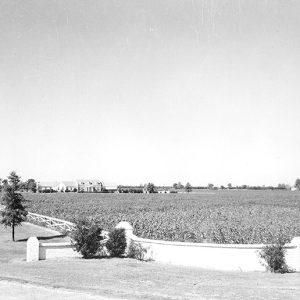 Wilson Plantation
Wilson Plantation
Winder, Ray
Wineries
 Wink Store
Wink Store
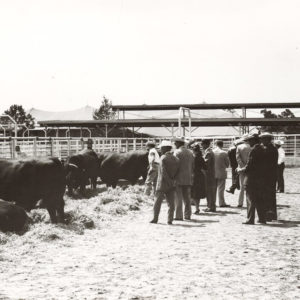 Winrock Farms
Winrock Farms
Winrock Farms
Winrock International
Winthrop Rockefeller Foundation
Wittenberg, Delony & Davidson Architects
Wolfe, Savannah Janine (Savvy) Shields
Women’s Foundation of Arkansas
Wood, Forrest Lee
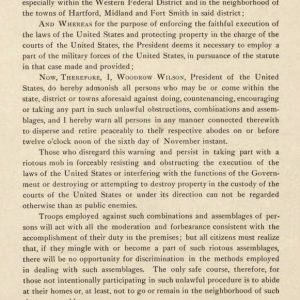 Woodrow Wilson Proclamation
Woodrow Wilson Proclamation
 Woolworth's
Woolworth's
 W. B. Worthen Gravesite
W. B. Worthen Gravesite
Worthen, William Booker (W. B.)
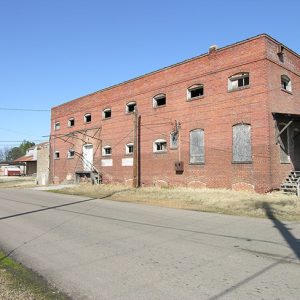 Wynne Wholesale Commercial Historic District
Wynne Wholesale Commercial Historic District
Wynne Wholesale Commercial Historic District
Yarnell’s Ice Cream Company
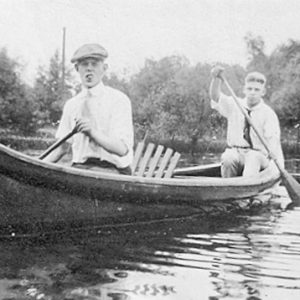 Paul Young
Paul Young




